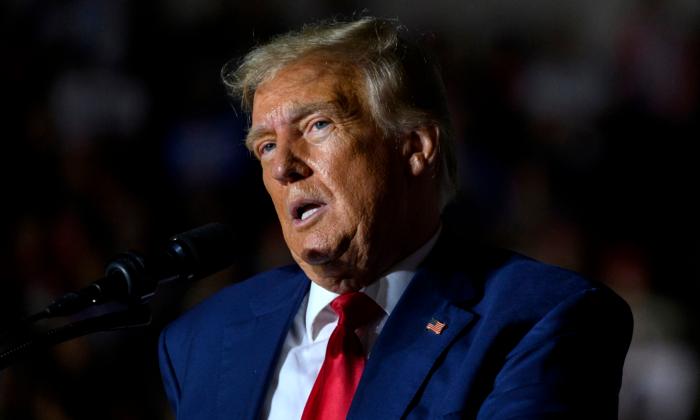U.S. senators introduced a bill on July 18 that would bar Chinese telecom giant Huawei from buying or selling U.S. patents, the latest action this week to target the company for potential threats to national security, the Wall Street Journal reported.
The bill, sponsored by Senators Marco Rubio (R-Fla.) and John Cornyn (R-Texas), would allow the U.S. government to block companies on the Commerce Department’s “entity list” from buying, selling, or exclusively licensing U.S. patents, according to the Journal.
U.S. officials have repeatedly warned that the company’s equipment could be used by Beijing for spying or to disrupt communication networks, given its close links to the Chinese regime’s security organizations. Chinese law also compels all Chinese companies to cooperate with intelligence agencies when asked. The company has denied such allegations.
According to the statement, Huawei is trying to use the patent system against American companies “as a form of retaliation” for the U.S. administration’s recent sanctions and to “preserve their ability to continue to profit off of the U.S. market.”
The new bill would also give the federal government the right to intervene in any domestic patent infringement case involving a company on the “entity list,” according to the Journal.
“Congress should stop Huawei, a malign Chinese state-directed actor, from using patent troll tactics and weaponizing the U.S. legal system against American companies in retaliation for the Trump administration’s efforts to protect our nation and the future of 5G,” Rubio said in the statement.
“Huawei poses a significant threat to U.S. economic and national security, as well as our critical infrastructure. This legislation makes it clear to the Chinese government and Communist Party that Huawei’s attempt to abuse American rule of law will not be tolerated.”
Cornyn said in the statement that the legislation would “stop firms like Huawei from using frivolous litigation to attack U.S.-based competitors and would help protect our trade interests from Chinese retaliation.”
In a statement to the Journal, Andy Purdy, chief security officer for Huawei Technologies USA, said the “proposed legislation attacks the fundamental rights of patent holders to protect their own intellectual property, a right that is recognized and exercised under U.S. law and international convention.”






Friends Read Free